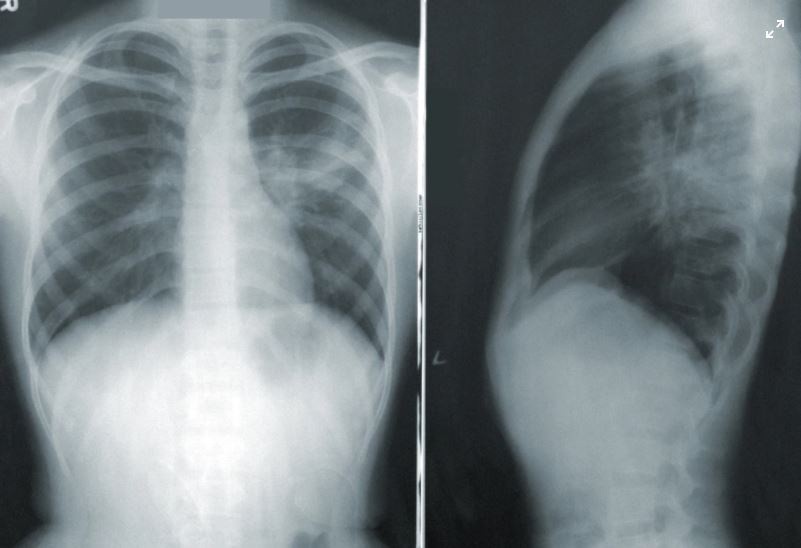Nowadays, worsening air pollution has been proven to be a silent killer, causing millions of deaths worldwide every year. And while many think COVID-19 is a pressing threat, experts claim that air pollution is a 'pandemic in slow motion,' which can cause disastrous consequences when ignored.
Research has shown that the risk of premature death is higher for people who were exposed to unhealthy air for a prolonged period. According to Medical News Today, air pollution remains one of the leading causes of death in several countries.
Millions of deaths worldwide due to air pollution
A recent study about the effects of outdoor air pollution bore alarming findings. Most developing countries are plagued with this pressing problem.
In China, over a million deaths were linked to air pollution last year. It remains the top country that leads the world in air pollution-related deaths. This is followed by India, with over half a million, Europe, with almost 200,000, and the United States, with over 50,000 death tolls.

Read More: Countryside Areas of India Suffer from Heavy Air Pollution, Particularly PM2.5
Delhi writer and activist Jyoti Pande Lavakare compared Delhi to a 'gas chamber.' In an interview with National Geographic, Lavakare gave a glimpse of India's worsening pollution, which takes a toll on people's quality of life.
"I get a dull pollution headache. My daughter gets a headache too; she feels a little nauseous sometimes. Your eyes will water. With COVID-19, deaths happen right away. With air pollution, it just adds on over time. It's a pandemic in slow motion."
Effects of long-term exposure to unhealthy air
The quality of the air you breathe dramatically affects your physical and mental health. Breathing unhealthy air can have adverse effects on your body. With prolonged exposure to air pollution, all of the body's essential systems can be affected.
According to World Health Organization, people exposed to unhealthy air can develop complications in their respiratory system and are more susceptible to getting pneumonia, asthma, or lung cancer. It can also target the nervous system, causing Parkinson's disease and other neurodevelopmental disorders.
Air pollution is also linked to chronic kidney disease, obesity, diabetes, heart disease, blood clots, premature births, mood disorders, low fertility, and more.

What are some viable solutions to air pollution?
Surprisingly, high population density is not the main contributor to air pollution. Many densely-packed cities and countries have proven that fighting air pollution is attainable, despite having a high population. These include Japan, Taiwan, Singapore, El Salvador, Trinidad and Tobago, and the Dominican Republic, as reported by Eureka Alert.
Yevgen Nazarenko, a Research Associate at McGill University, recently conducted a study to combat this problem. The study, published in WHO, reveals that government should strictly impose standards regarding air quality.
"Our findings show that more than half of the world urgently needs protection in the form of adequate PM2.5 ambient air quality standards. Putting these standards in place everywhere will save countless lives. And where standards are already in place, they should be harmonized globally," added Nazarenko.
Reducing emissions from energy, transport, housing, and industrial sectors is one of the most effective ways to reduce pollution.
Related Article: Study Finds That Air Pollution Increases Power Consumption and Electricity Demand in Homes
© 2025 NatureWorldNews.com All rights reserved. Do not reproduce without permission.





